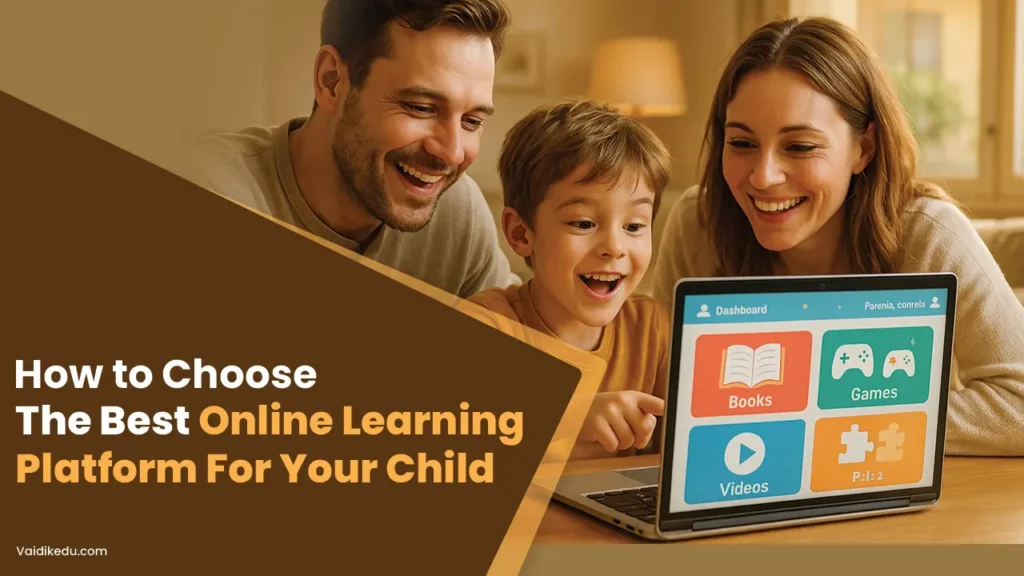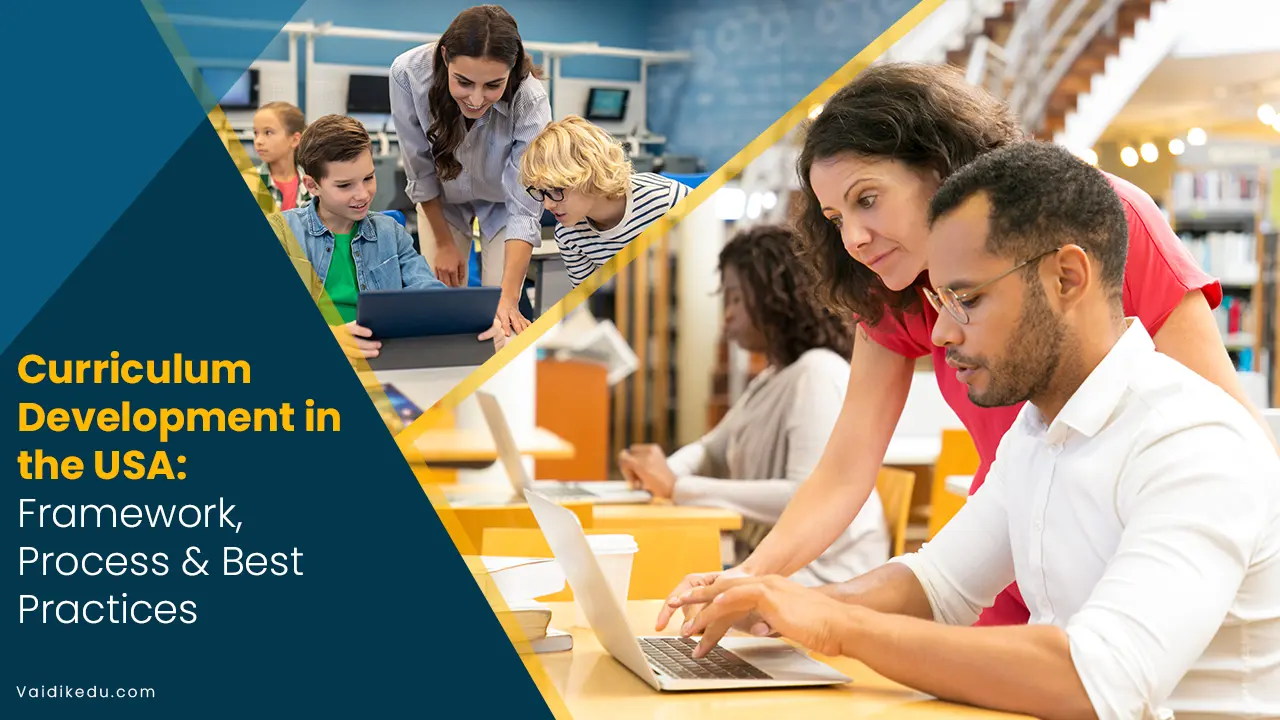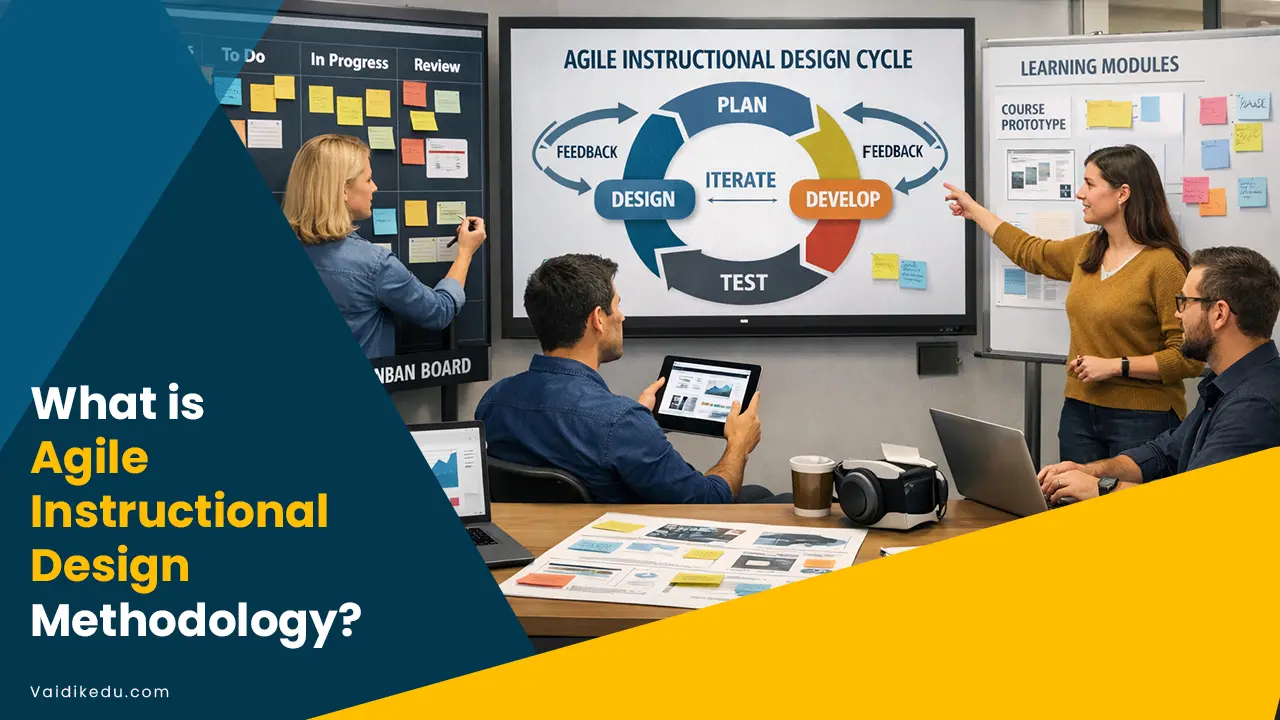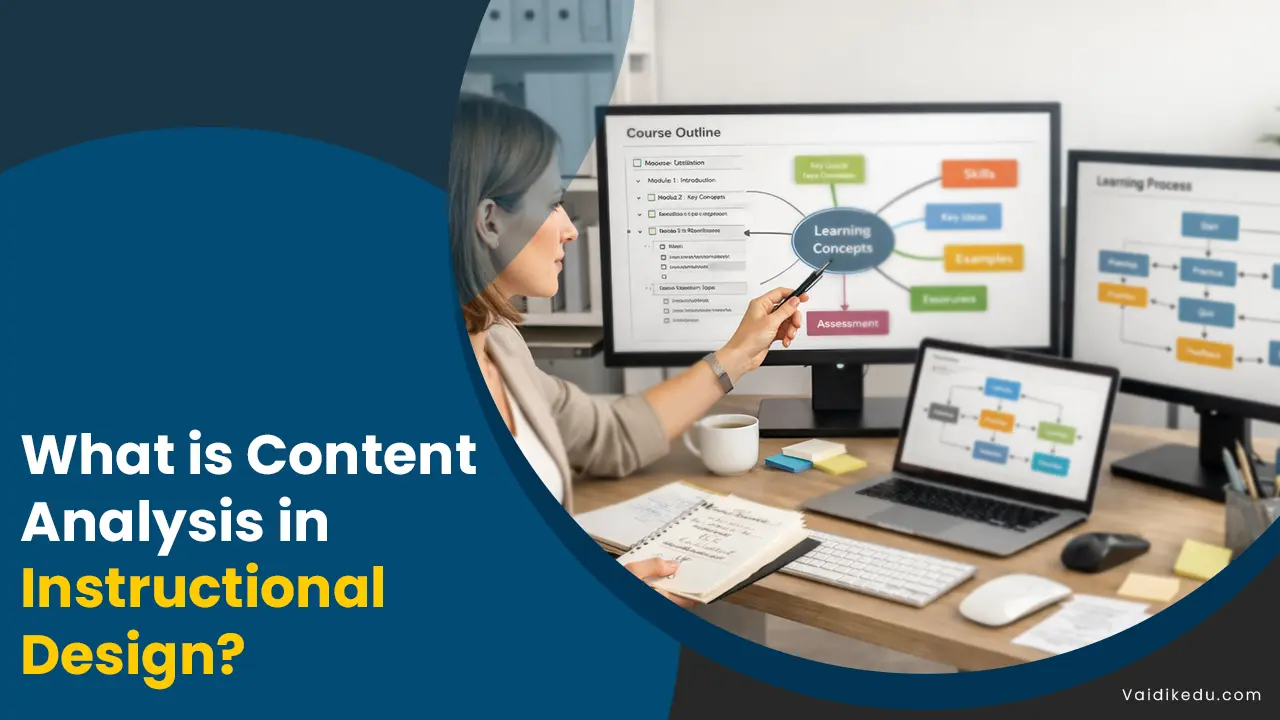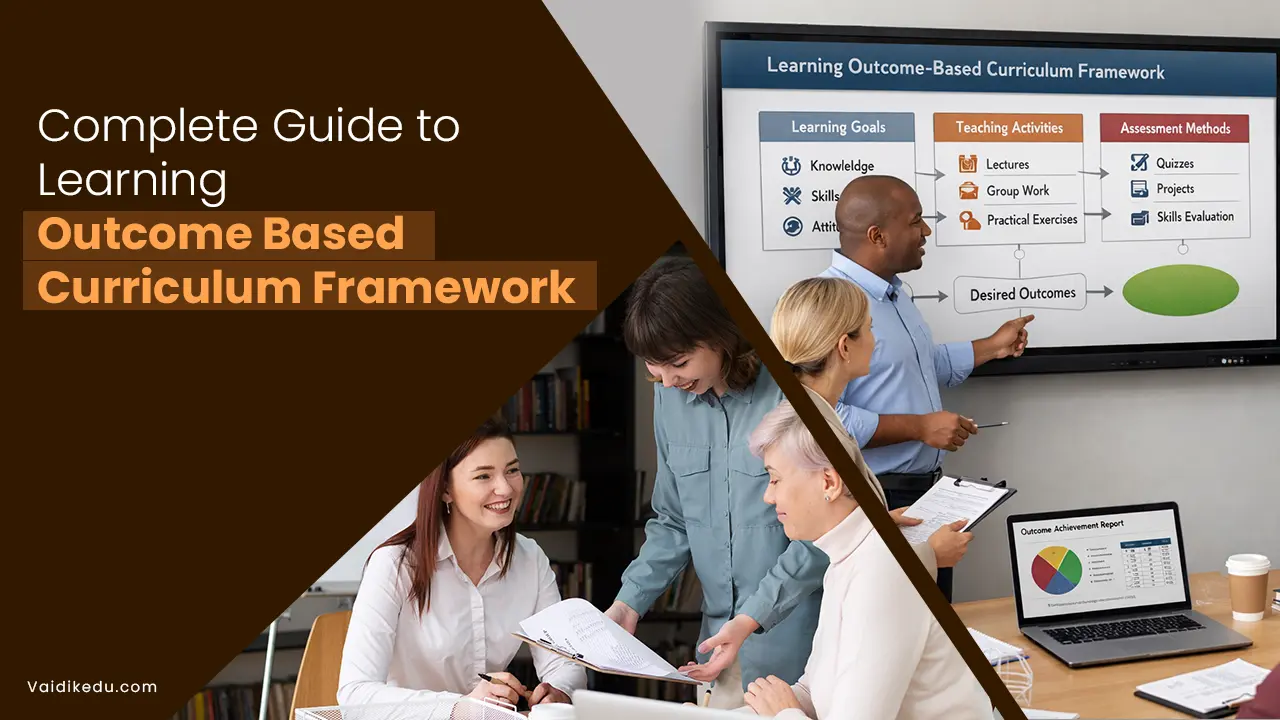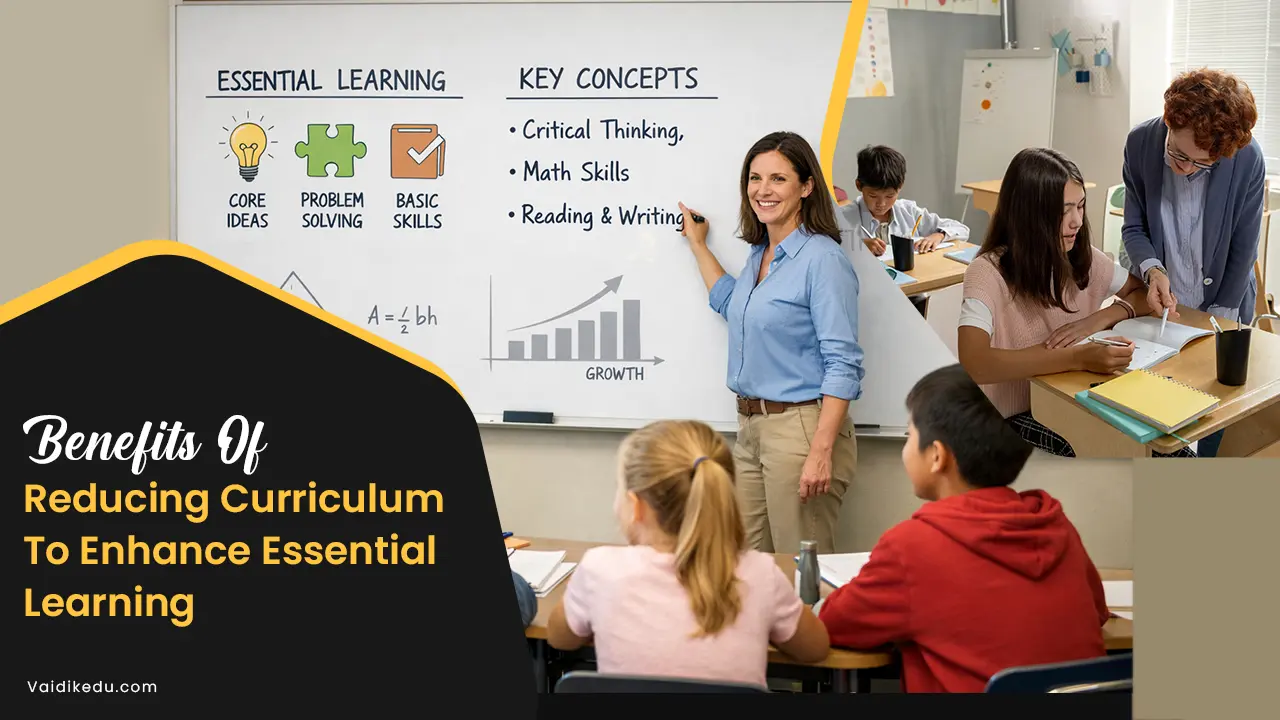In recent years, the educational landscape has shifted dramatically, with online learning platforms becoming an essential component of children’s learning. These platforms provide interactive, personalized, and engaging ways for children to learn, making them a valuable supplement to traditional classroom instruction.
Whether your child is studying for exams, discovering new hobbies, or developing core skills, the appropriate online learning platform may make a big impact on their academic success.
However, with so many alternatives available, choosing the ideal platform for your child can be overwhelming. Each platform promises distinct capabilities, ranging from adaptive learning technology to gamified classes, making it tough to identify which one best meets your child’s needs.
Furthermore, the quality and reliability of various platforms varies, underscoring the significance of careful consideration before making a decision.
Choosing an online learning platform is more than just finding the most popular or affordable one; it’s also about determining which one best fits your child’s learning style, interests, and goals.
In this tutorial, we’ll go over the things to consider when choosing an online learning platform to ensure your child has the greatest possible learning experience.
Steps To Choose the Best Online Learning Platforms For Your Kids
- Understanding Your Children’s Needs
The first step in selecting the best platform is to identify your child’s specific learning needs. Consider their age, grade level, and the areas where they require assistance or enrichment.
ABCmouse and other platforms with interactive games and animations are ideal for developing core literacy and numeracy abilities in young children. Older children, on the other hand, may benefit from platforms that provide in-depth courses on certain topics or exam preparation aids.
It’s also important to consider your child’s learning style. Some youngsters excel in visual and interactive surroundings, while others prefer to read and complete self-paced modules. Also, examine their interests and hobbies. Platforms that include these components can help your youngster stay engaged and motivated to study.
It is essential to maintain open communication with your youngster. Discuss their interests and goals, and include them in the decision-making process. This not only empowers students, but also keeps them enthusiastic about their learning journey.
- Evaluating The Quality of The Curriculum
When selecting an online learning platform, content quality is quite important. Look for platforms with well-structured, age-appropriate, and curriculum-aligned lessons. For example, if your child is preparing for standardized testing, make sure the platform has tailored resources and practice tests.
Check to see if the platform’s curriculum meets your local education requirements or worldwide benchmarks, depending on your demands. Platforms such as BYJU and Khan Academy are well-known for their comprehensive and dependable material.
Additionally, favor platforms that update their materials on a regular basis to reflect the most recent educational breakthroughs.
Quizzes, puzzles, and movies are examples of interactive features that enhance the learning experience. Gamified components, such as earning badges or completing tasks, can inspire and entertain youngsters while learning.
A successful platform strikes a balance between educational rigor and entertaining material to ensure that both learning and enjoyment are achieved.
- Assessing User Experience And Accessibility
A user-friendly design is critical for keeping children interested. Platforms with easy navigation, engaging images, and clear directions are more likely to keep a child’s interest. Complex layouts and technical flaws can annoy and impede children’s learning progress.
Accessibility is another key consideration. Ensure that the platform is compatible with your devices, whether they are laptops, tablets, or smartphones. Some systems also provide offline access, allowing youngsters to learn without requiring a continuous internet connection.
For families with many children, platforms that provide multi-user accounts or family plans can be cost-effective. Consider platforms with parental control tools, which allow you to track your child’s development and set learning objectives.
- Evaluate Teacher Support And Community Features
Some online learning platforms enable access to live teachers or tutors, allowing for a more dynamic and individualized learning experience. For example, services like Outschool and Vedantu connect students with educators in live courses, allowing for real-time queries and conversations.
Community features, such as discussion boards or peer collaboration opportunities, can improve the learning process.
These characteristics encourage youngsters to develop social skills, share ideas, and stay motivated by interacting with others. However, ensure that these communities are well-moderated in order to preserve a safe and courteous environment.
- Balancing Cost And Value
Some sites provide free information, while others need a subscription or one-time payment. Evaluate the pricing structure to see if it offers good value for money. Look for platforms that provide free trials or demo classes to assist you determine their suitability before making a payment commitment.
Consider what is included in the price are there any additional charges for premium features, or does the membership cover everything? Compare platforms to choose one that strikes a balance between cost and full features.
- Safety And Privacy Concerns
When choosing an online learning platform, safety and privacy should be top priorities. Check if the platform conforms with data protection standards and has clear procedures for handling personal information. To guarantee your child’s online safety, look for sites that offer secure payment mechanisms and parental control choices.
Popular Online Learning Platforms For Kids
Here’s a quick overview of several highly ranked platforms:
- Khan Academy is comprehensive, free, and ideal for all ages.
- Duolingo is ideal for language learning through gaming.
- Outschool: Live classes on a wide range of topics, including arithmetic and magic techniques.
- Prodigy offers gamified math instruction for primary and middle school students.
- BYJU’s is India’s largest site for interactive video classes and quizzes.
- ABCmouse is ideal for preschoolers, with a focus on reading, math, and painting.
Conclusion
Choosing the ideal online learning platform for your child is a thoughtful process that takes into account their needs, the platform’s quality, and overall value. Understanding your child’s learning style, evaluating the content, and assuring accessibility and safety will allow you to choose a platform that not only supports their academic development but also fosters their curiosity and joy of learning.
The ideal online learning platform is more than just an instructional tool; it is a portal to a world of possibilities and discovery. With proper research and commitment, you can prepare your child to succeed in an increasingly digital environment.
Frequently Asked Questions
Platforms like ABCmouse and Epic are ideal for young children since they provide interactive, age-appropriate content that promotes core abilities through engaging activities.
Costs vary greatly. Some platforms provide free materials, while others demand subscription fees that range from a few dollars per month to several hundred for premium features.
To ensure your child’s online experience is safe, make sure the platform follows data protection regulations, employs secure payment mechanisms, and has parental control capabilities.
Check the platform’s course descriptions and reviews to see if the classes meet your local education standards or curriculum needs.



